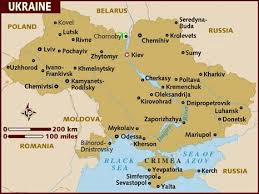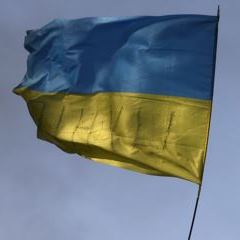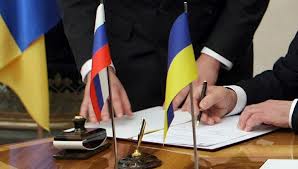(Financial Times) Protesters are calling for the EU to threaten sanctions against Mr Yanukovich and senior officials as a way of persuading him to compromise. Another lever of influence could be pressure from Ukraine’s richest businessmen – notably Rinat Akhmetov and Dmytro Firtash – who influence groups of MPs that form part of the pro-presidential majority in parliament.
But if the president rejects such a compromise and manages to clear Kiev’s protest camp using force, the danger is that protesters might still come back in bigger numbers, despite efforts by the authorities to restrict travel into the capital. That could create an escalating spiral of bloodshed, with the violence spreading elsewhere.
That, in turn, raises the spectre of a conflict between Ukraine’s Russian-speaking and Russian-leaning south and east – Mr Yanukovich’s heartland – and the largely Ukrainian-speaking and more pro-European west.
Most analysts reject that possibility. “There is no civil war between the east and west of Ukraine,” said Olexiy Haran, a political scientist and member of the protest co-ordinating committee. “There are no people in the east of Ukraine who are going to die for Yanukovich.”
But a civil war was under way, he added, between “the people of Ukraine, and the Berkut [special police] and titushki” – the nickname for hired, pro-regime thugs that authorities have used in Kiev and elsewhere to beat up protesters. […]
> See the full article "Ukraine is facing its most dangerous hour for many years," by Neil Buckley and Roman Olearchyk © Financial Times (free subscription required)











